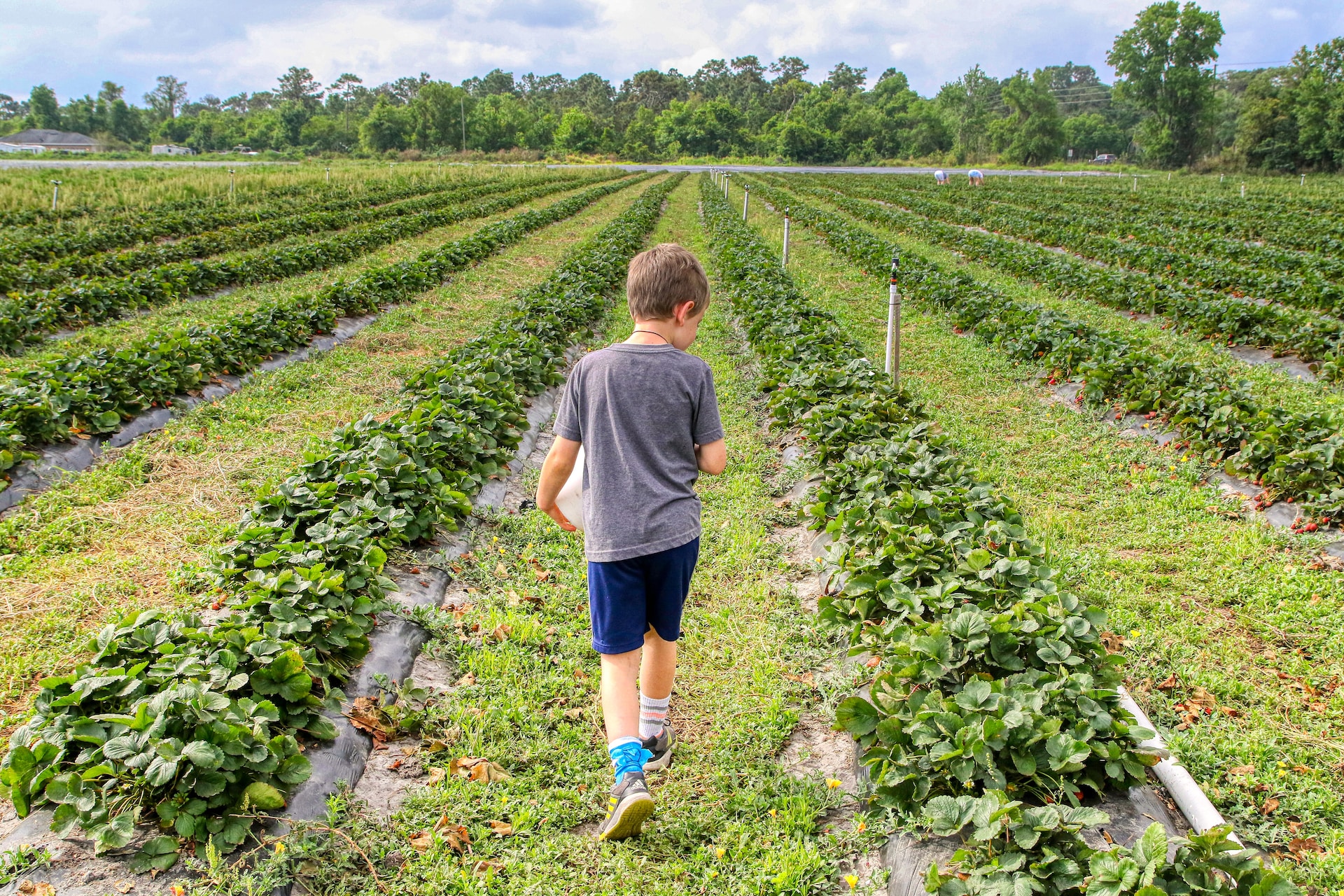In a world that cares deeply about the environment, it is more important than ever to switch to sustainable practises. Organic farming is one of the practises that is becoming increasingly popular. This form of agriculture benefits both people and the environment. This article discusses the principles and benefits of organic farming, focusing on how it helps the environment.
What Exactly is Organic Farming?
Organic farming means more than just not using synthetic fertilisers and pesticides. A system-wide approach is needed to improve soil health, diversity of life and ecosystem balance. Organic farmers prioritise sustainability and the long-term health of the environment by harnessing natural processes.
Promote Biodiversity:
Organic farming is good for biodiversity, which is one of the most important benefits. Traditional farming methods often use chemicals, which attack harmful organisms that are beneficial to the soil. Organic farming, on the other hand, supports the growth of a variety of plants and animals, maintaining a balanced ecosystem. This not only makes the farm more resilient but also improves the health of the environment.
Add to the Soil:
Healthy soil is essential for agricultural production. Compost, cover crops and crop rotation are all important components of organic farming and help maintain soil health. These methods improve the structure, water-holding capacity and nutrients of the soil. So organic farms not only grow healthy food; they also help prevent soil from washing away and improve water quality.
Less Harmful to the Environment:
Often the synthetic chemicals used in conventional agriculture are harmful to the environment. Runoff from these chemicals can contaminate water sources and harm the plants and animals that live in the water. On the other hand, using fewer such inputs in organic farming reduces the risk of contamination. This makes organic farming a better choice for the environment and is in line with the growing focus on environmentally friendly practices around the world.
Give You Better Food, Make You Healthier:
More and more people are becoming aware of the connection between the food they eat and their health. Organic farming focuses on growing food that is free of synthetic pesticides and genetically modified organisms. Not only does this prevent people from being exposed to more harmful chemicals, but it often means that the food contains more important nutrients.
Strengthen Local Communities:
In addition to being good for the environment, organic farming also has a significant impact on the communities in which it operates. Small organic farms often use fair trade practises to ensure that farmers are paid fairly for their work. This empowers local communities, helps keep economies stable and reduces their dependence on large-scale industrial agriculture.
Educational Opportunities:
Organic farms are great for learning to farm in a way that doesn’t harm the environment. Many organic farms are open to visitors, schools and community groups. This gives people the opportunity to learn more about how to farm in an environmentally friendly way. This educational campaign helps people understand the importance of living in a way that does not harm the environment and encourages them to make informed decisions about the food they eat.
Able to Combat Climate Change:
Agriculture around the world is facing major challenges due to climate change. Because organic farming focuses on strong ecosystems and a wide range of crops, it has proven to be more adaptable to changing weather. Organic farmers can deal with the unknown consequences of climate change because they use proven methods that have been used for a long time. This ensures a more stable food supply in the long term.
Support the Circular Economy:
In a circular economy, where resources are reused and waste is minimised, organic farming is an important part. Composting and recycling organic matter are two things organic farms do to create a closed system. This makes agriculture less harmful to the environment and encourages long-term management of resources.
Educate and Advocate for Consumers:
People are becoming increasingly aware of the impact the choices they make have on the environment, and the popularity of organic products is proof of this. When you buy products from organic farms, you are supporting them, which is a form of advocacy to help more farmers adopt permaculture methods. Consumer demand for organic products is helping the entire food industry become more sustainable and environmentally friendly.
Conclusion:
The importance of organic farming for a sustainable future cannot be overstated. It has a positive impact on communities, ecosystems and the fight against climate change around the world, not just on farms. By supporting and embracing organic farming, we not only protect the health of the planet but also ensure that farmers and the environment can coexist more peacefully. Growing vegetables through organic farming sows the seeds for a healthier, more sustainable world that will continue for many years to come.
FAQs:
1. What is organic farming?
Organic farming is a holistic approach to farming that avoids the use of synthetic pesticides, chemical fertilizers and genetically modified organisms. It focuses on sustainable practises that prioritise soil health, biodiversity and environmental well-being.
2. How does organic farming differ from conventional farming?
While conventional farming relies on synthetic inputs such as chemical pesticides and fertilisers, organic farming uses natural processes to promote soil fertility and pest control. Organic farming also emphasises biodiversity and avoids genetically modified organisms.
3. Why is biodiversity important in organic farming?
Biodiversity is vital in organic farming as it helps create a balanced ecosystem. By promoting the growth of a variety of plants and animals, organic farms enhance natural pest control, improve soil health and contribute to overall environmental resilience.
4. How does organic farming promote sustainable development?
Organic farming promotes sustainability by minimising environmental impact, reducing the use of synthetic chemicals and prioritising soil health. It also supports local communities through fair trade practises and contributes to the circular economy by minimising waste.
5. Are organic products healthier?
Organic products are generally considered healthier because they are free from synthetic pesticides and genetically modified organisms. Research shows that organic products can contain higher levels of certain nutrients. Furthermore, avoiding the use of synthetic chemicals benefits both consumers and the environment.

